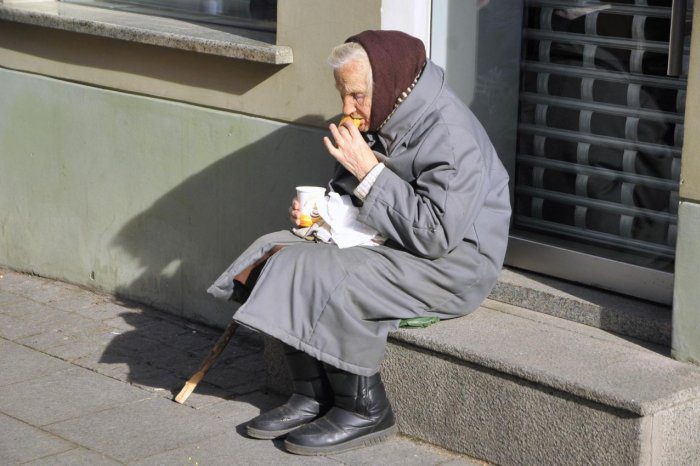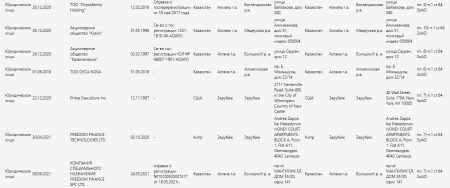Lawyer Maksim Olenichev, who was labeled a “foreign agent” in Russia, was denied entry into Georgia, where he resided for the entire previous year, according to Sota. The decision was attributed to unspecified “other reasons.”
In a conversation with The Insider, Olenichev explained that this occurred on February 13:
“I have been residing in Georgia since April 1 last year permanently. I have a sole proprietorship there, I paid taxes and conducted business in Russia to support civil activists. I went on a business trip to Berlin, organized an event there, and began my return from Sunday to Monday night to Istanbul, where I had a layover to Tbilisi. At 04:00 am on Monday, I boarded a flight to Tbilisi, and at border control, the official did not ask me any questions, only took a photo of my passport, sent it to someone, and said: “Wait.” I waited for two hours, she returned and said that we should move aside, to the left, where the office with other border control officers is located. Next to this office, I waited another half an hour, after which a border control officer approached me with a document already printed out, which he did not show to me and did not ask any questions, and simply stated that they would not allow me into Georgia. I asked why? “For other reasons.” I asked for a copy of the document, he did not provide it, he also did not return my passport, but handed it to an employee of the airline. I stated that I would not leave until they returned my passport. They did not return my passport and effectively forced me to board the plane. I reboarded the plane, and the airline did not return my passport. The plane landed in Istanbul, I disembarked there, the airline handed my passport to the Turkish border guards. They processed it through their system for an hour, did not find anything criminal, and released me into Istanbul. In 2022, such incidents began to occur where people from my circle, before leaving Georgia, also go through border control, some kind of message is displayed there, and these people wait another 10 minutes for permission to leave, and upon entry, they also checked these databases for 30–40 minutes, took a photo of the passport, sent it via WhatsApp, and waited for confirmation whether it was possible to enter the country or not. Here there was some kind of failure, and they decided not to let me in. On Monday, February 13, they did not allow me in, and on February 14, information appeared in public that some Georgian deputies were introducing a bill on foreign agents, which is very similar to the Russian one.
I returned to Turkey and waited there for three days for my suitcase. The border guards and the airline said that the suitcase was loaded, but upon my arrival, it turned out that this suitcase was not there, it was not loaded on the flight, and I had to stay in Istanbul for three days and wait for my belongings. I have a lot of things left in Tbilisi, and I am unable to retrieve them. When I received my suitcase, I left for Armenia, but I will temporarily stay there while I consider my next steps and how to find a new residence. I will either remain in Armenia or relocate to Europe. I decided that within a couple of weeks I would regain my composure, and then I will determine my life strategy. At the same time, I continue to conduct business in Russia, and this has not impacted my professional activities.”
On February 20, Philip Dzyadko, editor-in-chief of the Arzamas portal, who has been living in Georgia for almost a year, was not allowed into Georgia without explanation. The journalist was not explained the reasons for this decision and was not given any documents confirming the refusal of entry.
Since the outbreak of the war, Georgia has not allowed dozens of Russians associated with activist or journalistic activities to enter the country. In particular, Lyubov Sobol, an employee of the Anti-Corruption Foundation, politician Dmitry Gudkov, and Olga Borisova, a member of Pussy Riot, could not enter the country.
Russian-Georgian political analyst and columnist Yegor Kuroptev noted in a conversation with The Insider that the refusals are related to the country’s unwillingness to let high-profile figures into the territory, while otherwise Russians can find refuge in Georgia.


